The Arise TV Presenter and a former presidential spokesman, Reuben Abati, has received knocks over the week for his anti-Igbo comments while on-air.
According to him, Igbos do not sell land to non-Igbos in the South-east. He said this during The Morning Show on Arise TV Which he co-anchors.
Join our WhatsApp ChannelAbati was reacting to Senate President, Godswill Akpabio‘s remarks at the burial of Sen. Ifeanyi Ubah that the Igbos build houses and establish businesses in any state they reside across Nigeria. Abati wondered why the Igbos can’t reciprocate the gesture. He referred to a comment made by a pre-independence Minister for Information, TOS Benson, at the National Institute of International Affairs (NIIA) that “he had an Igbo wife and daughter. He said he wanted to buy land in Igboland, but, was told that ‘we don’t sell our land to outsiders.”
However, Abati added, “that is the irony of the politics of Nigeria, about the politics of the federation of unity. The same Igbos who are so industrious that they do well all over Nigeria, you go as a non-Igboman, to buy umunna land, you will be told that you don’t belong, even as an in-law”.
This comment has since gone viral and sparked reactions from Igbos who allege misrepresentation of the realities of the Igboman as regards sale of land and treatment of non-Igbos in the South-east. However, the seasoned journalist claimed he spoke in context and refused to apologize. He accused the audience of selective understanding and referred to their views as nonsense.
No doubt, Dr Reuben Abati (as he preferred to be addressed) is a brilliant journalist. He is one of the faces of the The Morning Show. His presence in that team douses the tension created by the much younger presenters like Rufai and others. In fact, the audience relied on him to provide a balance to Rufai’s ferocious and unapologetic hard tackles, especially where the political class is involved.
The Igbos believe that an elder does not stay at home while the goat delivers in tethers. By his age and long years of media experience, he is well regarded as an elder. Indeed, he lived up to the calling. Many of Rufai’s so-called victims had called on Abati to intervene and he did a good job of it. Regardless, Abati’s uncautionable attitude to the current issue speaks volumes about his opinions as a professional journalist, detribalized Nigerian and how well the ethics of journalism is regarded in Nigeria. However, undue concentration on the unprofessional conduct and the silence of the NBC and other media ombudsman may detract from the issue in perspective.
Two issues are at stake: TOS Benson’s statement and Dr Reuben Abati’s interpretation of it. Putting them into context may enhance public understanding. A full presentation of Ex-minister Benson’s statement would have been necessary to understand the context in which he spoke. For instance, we don’t sell land does not mean that foreigners are forbidden from owning lands. Did Benson say that his in-laws refused to give him land or that they rejected payment for the land given? Information available is that TOS Benson was given a land and he built a post office on it. Meaning that his in-laws merely rejected payment for their gesture.
On the other hand, Dr Abati’s comments represents the post civil war sentiment of an average Nigerian, especially southwesterners with little education, poor exposure to events outside their region and over dependence on politically controlled and Yoruba dominated media. It’s therefore shocking to hear the same thing from an Abati, a well educated, and well travelled media personality. He has given impetus to the ongoing social media war between Yoruba and Igbo youths that began during the 2023 presidential election campaigns. Such narrative is capable of promoting hate against a section of the country. It’s even worse when such narratives are half truths or outright falsehoods based on prejudices.
As mentioned, Dr Abati is not alone in this. It informed the political thoughts of majority of Yoruba residents of Lagos during the 2023 general elections to the extent that not only were Igbos disenfranchised, and threatened with violence, but, also a Yoruba governorship candidate, Gbadebo Rhodes was rejected for having an Igbo mother. This narrative has festered for too long and will continue unless well meaning Yoruba men and other Nigerians who reside or own properties in Igboland rise to the occasion. Overgeneralization is a fallacy that shouldn’t be observed from enlightened people, especially opinion leaders. How a single encounter defines an entire race is something that should be nipped in the board in a multi ethnic Nigeria.
We are witnesses to the evils of tribalism in Nigeria. Today, the Managing Director (MD) of the Enugu State Broadcasting Service (ESBS) is a Yorubaman. The news of non-Igbos living and doing well in Igboland may not make headlines because of poor media presence in the Southeast.
The 2023 presidential election campaigns witnessed the worst politically induced hate campaigns in the media, especially the social media. In fact, the impact of the divisive slogan Emilokan (my turn) and awalokan (our turn) – the turn of the Southwest, by Tinubu during the campaigns is still felt till date. This is the reason many place the blame for the current hardship in Nigeria not just on the APC, but, the Yoruba race.
The ability of the citizens to speak with one voice on important national issues is affected by tribalism. The failure of the recent End-Bad-Governance protest is also attributable to the ethnic dimensions it took. This is why the media is expected to live up to expectations in championing their development agenda. In times of uncertainty and doubt, the people rely on the media to shine the light. This can only be achieved when the media is able to extricate itself from ethnic politics. Otherwise, it will continue to set the wrong agenda and the public will continue to imbibe the wrong ideals.
Dr Ifeanyi Ebenezer Onyike is a senior Lecturer in the Department of Mass Communication, Dominican University Ibadan.

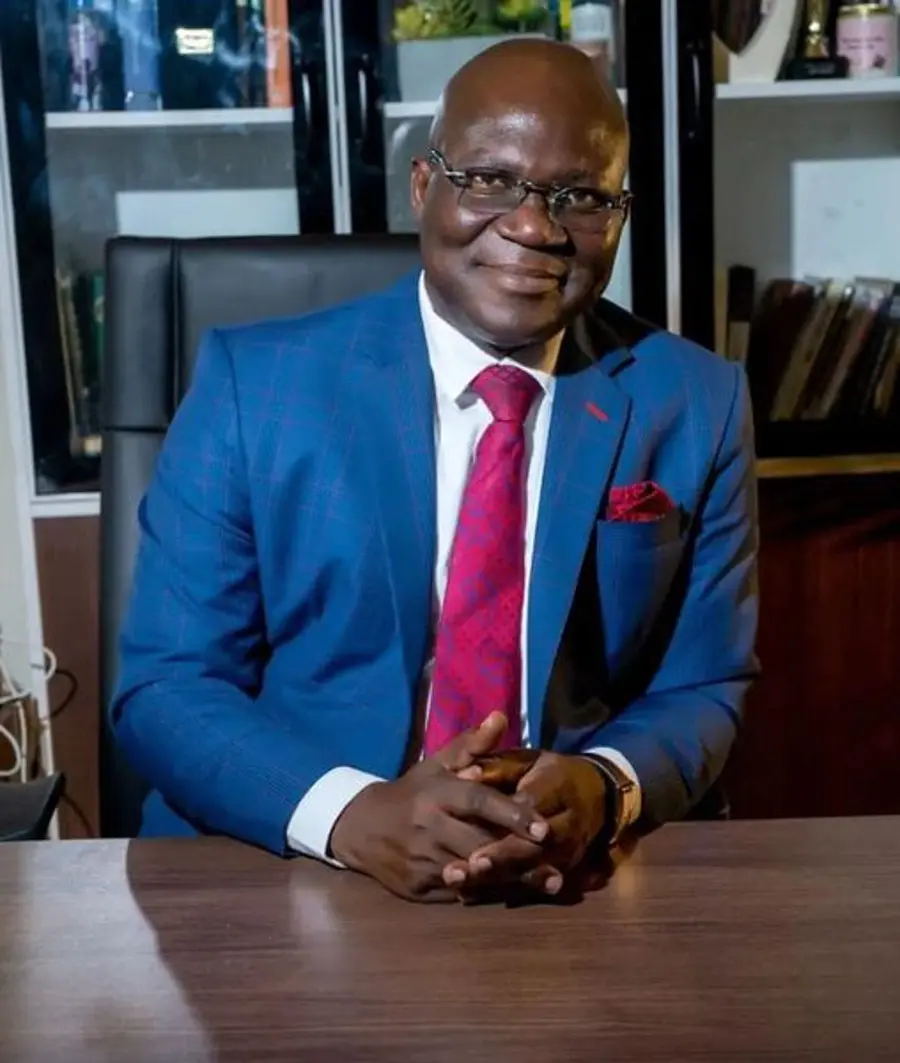
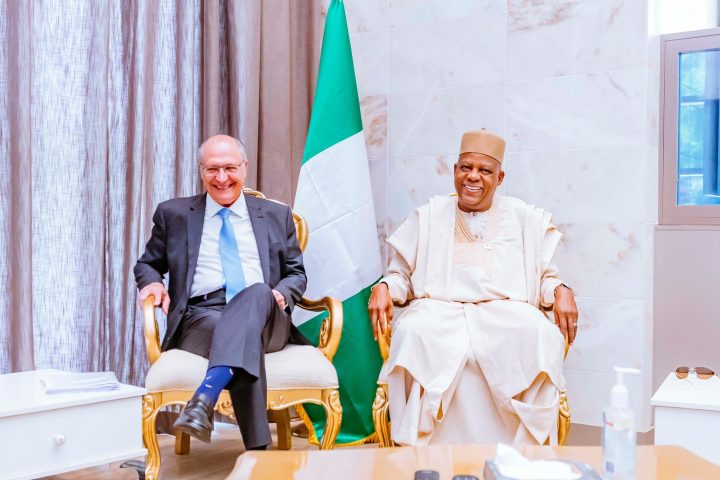
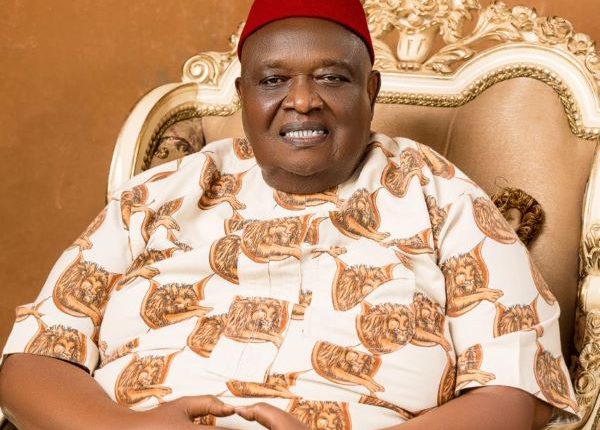




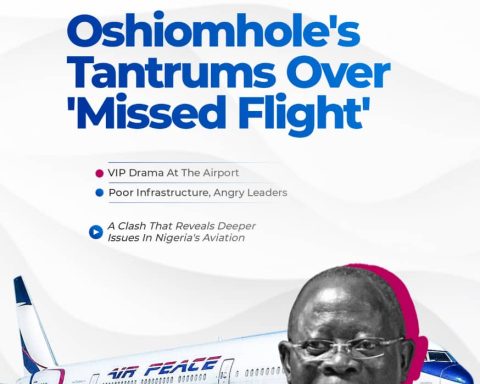



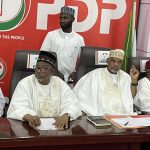

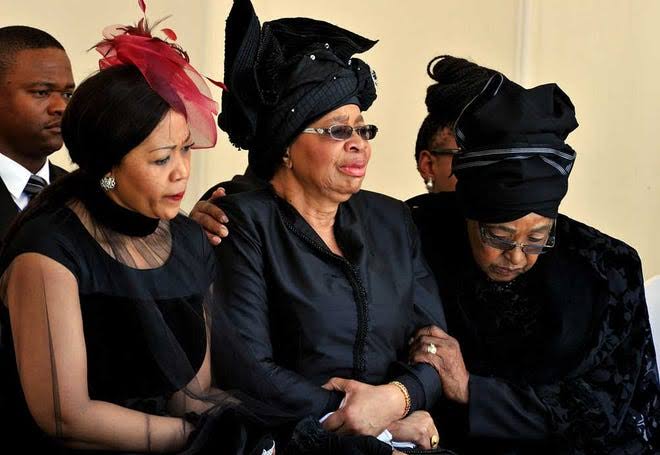
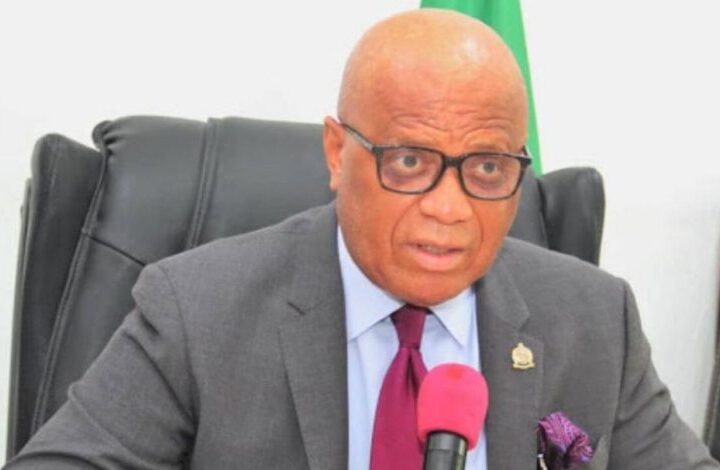

Follow Us